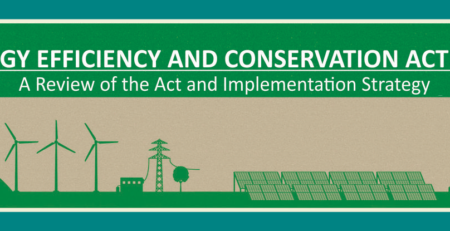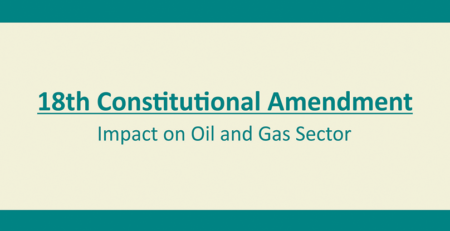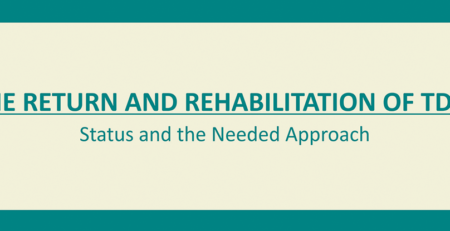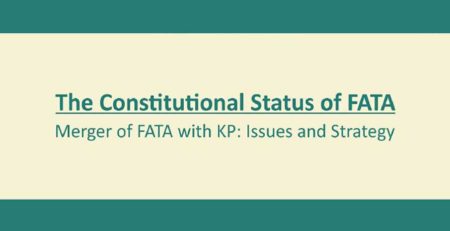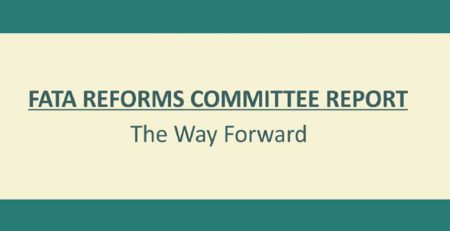Should Pakistan Abolish or Retain Capital Punishment?
While Pakistan needs to review its laws and practices in respect of the death penalty, its outlawing or abandoning the practice altogether would be unconstitutional and highly unpopular
“Policy Perspectives , Volume 6 , Number 2, July – December 2009”
Abstract
[Although opinions, beliefs and perceptions about capital punishment vary widely across cultures, societies and countries, the idea of its abolition is patronized by the United Nations and has been endorsed by more than two-thirds of the countries of the world. Since the establishment of the Pakistan People’s Party-led government in Pakistan in 2008, the call for abolition or at least commutation of the death sentence has arisen time and again in the parliament and in segments of the national press. The abolition movement is a product of historical and social developments peculiar to the Western part of the world. Current world opinion, as expressed in international surveys as well as at international forums, does not permit the viewing of abolition as an internationally accepted human right. Muslim states and peoples, in particular, resist the idea on an ideological basis. While Pakistan needs to review its laws and practices in respect of the death penalty, its outlawing or abandoning the practice altogether would be unconstitutional and highly unpopular. – [Author]
When the Pakistan People’s Party (PPP) came to power in 2008, one of the issues that topped its agenda was partial or total abolition of the death penalty from the penal system of Pakistan.[1] As a first step towards this objective, the federal cabinet adopted a proposal on July 2, 2008 to commute the death sentence of around 7000 condemned prisoners.[2] Earlier, Prime Minister Yousuf Raza Gillani had asked President Pervez Musharraf to commute all death sentences to life imprisonments as a tribute to the slain leader of PPP, Benazir Bhutto, on the anniversary of her birth on June 21, 2008.[3] The initiative was, however, checked by the apex court of the country on July 4, when (former) Chief Justice Abdul Hameed Dogar moved suo moto and issued notices to the Attorney General and ministries of Interior and Law seeking explanation.[4]
Realizing that a legal battle in the court could be challenging in the present constitutional framework, the Government of Pakistan decided to change its course and, instead of using its executive order for the commutation, a draft for the abolition of the death penalty through amendment in the law was prepared. Mr. Farooq H. Naik, who was then law minister, told the media that the Ministry of Law was planning to review various laws under which capital punishment is awarded in the country. He was reported as saying that the review bill would be ready by mid-November (2008) and the parliament would pass it by the end of same month.[5] On October 19, 2008, the law minister revealed that his ministry had forwarded a summary for removing the death penalty from the Pakistan Penal Code to the Prime Minister.[6] Later, the National Assembly was informed by the Adviser to the Prime Minister on Interior, through written reply to a question on November 22, that the government was considering a proposal-being processed by the law ministry-to abolish the death penalty in the country.[7]
Further developments were perhaps prevented by the volatile political and security situation in the country. Now, as the political scene seems relatively less restive, the government of PPP again looks inclined to move forward on this issue. The most recent development was seen on April 21, 2009, when it was reported in national dailies that further action had been stopped on all death sentences through an official notification issued by the President.[8]
In this backdrop, it is pertinent to examine the idea of abolition of the death penalty, understand it in the context of the global movement for it, and see whether it would be practical and advisable for the Government of Pakistan to opt for this measure.
[1] Dawn (Karachi), “Ending Death Penalty”, June 11, 2008.
[2] Beena Sarwar, “Death Penalty-Pakistan: Reprieve Call Could Save Thousands,” Inter Press Service News Agency, July 4, 2008, http://ipsnews.net/print.asp?idnews
=43074 (accessed April 7, 2009).
[3] The News International, “PM urges president to commute death sentences,” June 22, 2008, http://www.thenews.com.pk/arc_default.asp (accessed April 7, 2009).
[4] The News, “SC takes notice of move to commute death sentence,” July 5, 2008.
[5] Daily Times, “Death penalty review bill this month: Naik,” November 2, 2008.
[6] Hasnaat Malik, “Ministry forwards summary to PM House for abolishing death sentence,” The Post, October 19, 2008.
[7] Tahir Niaz, “Govt considering abolition of death sentence, NA told,” n.d., www.dailytimes.com.pk/print.asp?page=2008\11\22\story_22-11-2–0_pg7_1 (accessed March 24, 2009).
[8] The Post and Jang, April 21, 2009. The report was, however, refuted by the Ministry of Interior: see Jang (Rawalpindi), April 25, 2009.





